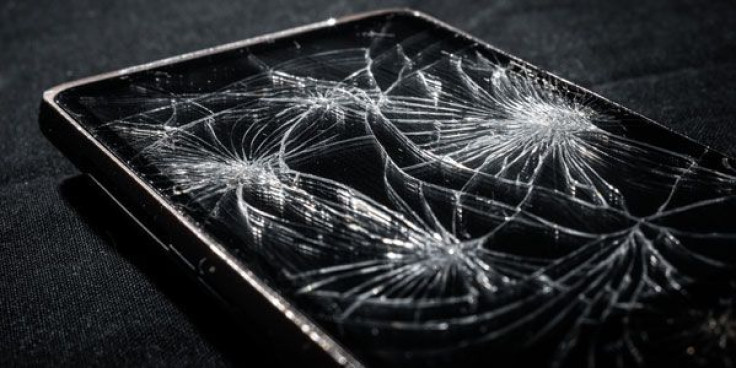New York 'Right To Repair' Bill: Apple Among Companies Lobbying Against Policy

Third-party repair stores are a common option if you drop or break your smartphone, but Apple is reportedly not a fan of these alternative repair options. Apple is one of several high-profile companies that have been lobbying against a New York state bill that would make it easier to independent stores and users to repair devices.
According to Motherboard, the Fair Repair Act would have companies sell replacement parts and tools to everyone, bans software locks that would limit repairs and, in some cases, have companies provide repair guides publicly. However, Apple and other companies have come out aggressively against the proposed legislation.
Read: Apple Counters Nebraska’s ‘Right To Repair’ Bill With Hacking Claim; Samsung Reportedly Agrees
Along with Apple, other companies who have lobbied against the Fair Repair Act include Toyota, Caterpillar and Verizon. Since the start of 2017, the companies have spent more than a combined $366,000 in New York to lobby against the legislation.
According to the bill’s summary from the New York State Senate, it “requires manufacturers of digital electronic parts to offer for sale diagnostic and repair information in the same manner as such manufacturer provides such diagnostic and repair information to such manufacturer's repair channel.”
In other states, companies like Apple have aggressively come out against similar repair laws. In Nebraska, Apple officials met with legislators and warned that the law could make the state a "Mecca for bad actors.” Similar laws are being debated in states including Massachusetts, Illinois and Tennessee.
For companies like Apple, the push against these self-repair laws comes from several areas. By keeping their repair information and resources in-house, companies can maintain quality control for sourcing components like screen or hardware replacements. In addition, piracy is an equal concern. Farm equipment company John Deere told regulators in 2015 that repair laws would “make it possible for pirates, third-party software developers, and less innovative competitors to free-ride off the creativity, unique expression and ingenuity of vehicle software designed by leading vehicle manufacturers.”
Read: Apple Planning To Contest Proposed Nebraska Legislation
However, these same companies also have financial reasons to oppose similar repair bills. Often, these companies have their own repair and warranty programs that would potentially be threatened by independent or third-party shops. The lobbying fight against these types of repair bills reflects the current push and pull between consumers who want access to the devices they purchase and companies who want to maintain some security over their products.
This debate hasn’t been limited to the consumer electronics space, either. As Motherboard previously reported, American farmers have frequently turned to hacks and other European third-party accessories in order to repair their John Deere tractors. Because John Deere has wanted to limit repairs to its own technicians and authorized repair shops, farmers have had to crack into their vehicles in order to do repairs they previously could freely perform.
© Copyright IBTimes 2024. All rights reserved.











